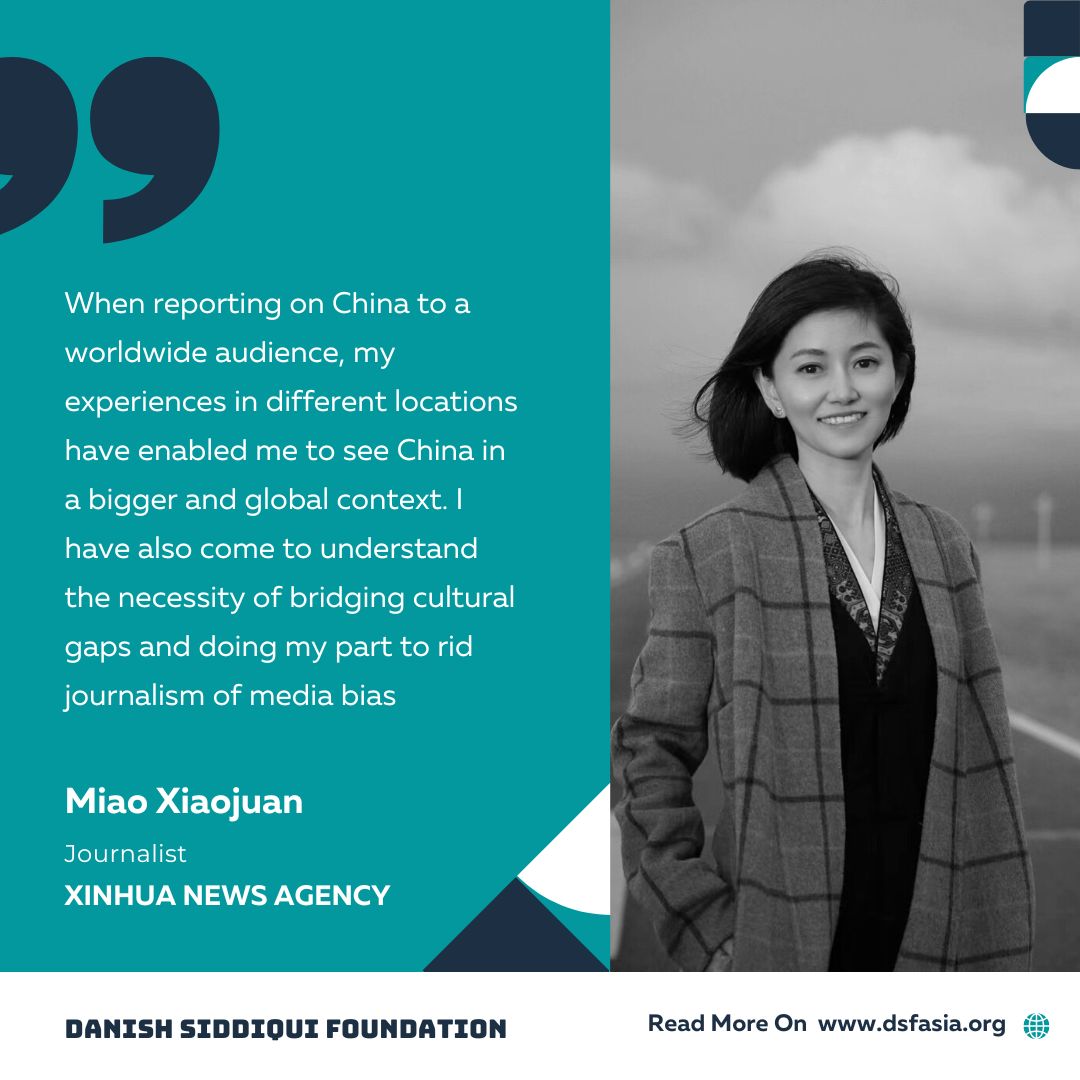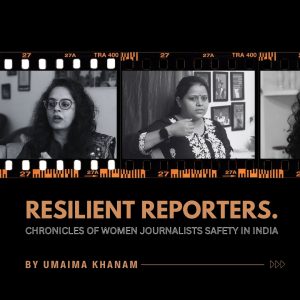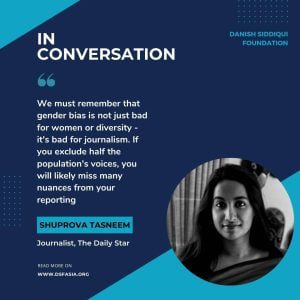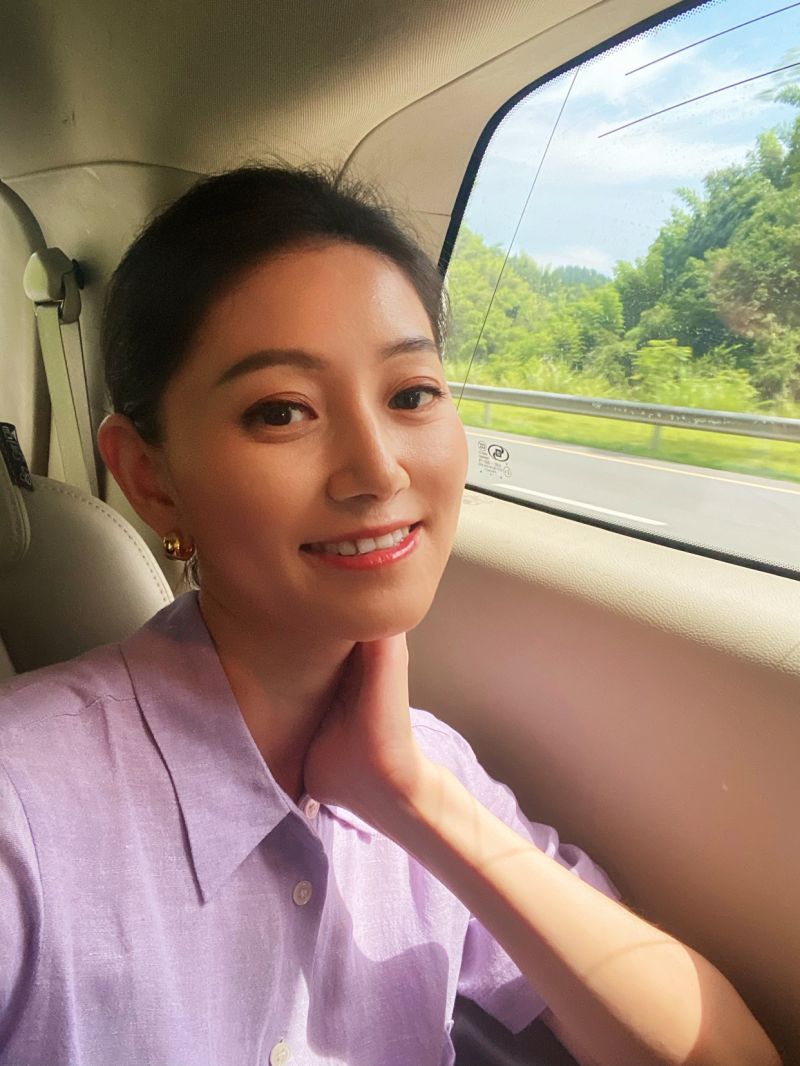
What inspired you to become a journalist?
I was born and raised in a tiny city in central China, and I spent my teenage years longing for an opportunity to travel around the globe. In pursuit of my dream to better understand the world outside of my hometown, I chose to study journalism as my undergraduate major.
I wasn’t the brightest student in my class, but one of my professors placed a lot of faith in me. He taught me about the responsibilities of working in media and entrusted me to head a school newspaper and launch a campus journalism magazine.
Journalism is about discovering and understanding what’s happening and delivering information to an audience for whom it matters. It’s about enlightening people and ultimately making the world a better place. I have known since college that this is what I want to do with my life.
How has your extensive international work experience shaped you as a journalist?
Being a Xinhua journalist has taken me to some 30 countries across five continents, where I’ve connected with people of different backgrounds and cultures.
I went to the U.S. for the first time in 2010 as a summer media fellow at Vermont Law School. Following that, I was assigned to work in Brussels for a three-year term as an EU correspondent. As one of the ten World Press Institute fellows from ten different nations, I traveled across the U.S. in the summer of 2016. Then I followed the top Chinese leader on all his international trips in 2017 and 2018, from Russia to Argentina to Rwanda. I also worked in Xinhua’s North America Bureau in New York City for a year in 2019-2020.
I’ve spent nearly a third of my journalistic career working and studying worldwide, and I’ve met fantastic people from all walks of life. When reporting on China to a worldwide audience, my experiences in different locations have enabled me to see China in a more prominent global context. I have also understood the necessity of bridging cultural gaps and doing my part to rid journalism of media bias.
Do you think female journalists face more challenges than male journalists? If yes, what are those challenges?
Globally, media is one of the many sectors of society that continues to be male-dominated, particularly at the top of organizational hierarchies. However, this imbalance is far more moderate in China. The rise of social media has allowed women from all over China to express themselves and influence political, social, and cultural attitudes and actions.
My husband is also a journalist, and I don’t think he has it any more straightforward than I do in his everyday work. It’s true that female journalists may face more career hurdles than their male counterparts. Maternity leave, re-entry after childbirth, and child care may impede the balance between a career and motherhood, especially in a culture where females are expected to devote more time to their families, but this applies to all professions.
Female journalists who want to be good at their job face the same challenges and opportunities as male journalists. It’s always about strong faith, working hard, and persevering.
How has gender diversity been in Chinese newsrooms in recent years?
I will use my department as an example. Currently, the ratio of male to female journalists is close to 1 to 1 in Xinhua’s China News for Global Service Department.
You’re very popular on social media in China. How do you see journalism in the age of social media?
It’s hard to verbalize how much social media has changed journalism or how news is gathered, reported, and consumed. Social media has made journalism more sensitive, intimate, conversational, and humane. At this point, I think both journalists and the general public are still learning to adapt and use social media to our advantage.
Tell us about Xinhua’s China Chat Show which you host and produce. What was the idea behind it?
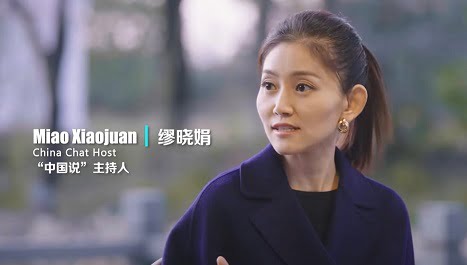 I was surprised by how little some of my American friends knew about what was happening in China, even though China managed to make for some of the juiciest topics in their daily conversations. They acquire almost all of their information about China from the U.S. media, which is notoriously selective in covering China-related issues. They also often get news from social media, which is still vulnerable to misinformation.
I was surprised by how little some of my American friends knew about what was happening in China, even though China managed to make for some of the juiciest topics in their daily conversations. They acquire almost all of their information about China from the U.S. media, which is notoriously selective in covering China-related issues. They also often get news from social media, which is still vulnerable to misinformation.
So, when I returned to Beijing, I requested that this new program, China Chat, be launched. The idea was to have expats, who ideally have lived here for many years and genuinely understand at least one facet of the nation, sit down and talk about what they have seen and experienced firsthand in the country.
With this initiative, I intend to promote cross-cultural communication, particularly between China and the West, so that we can combat stereotypes and xenophobic notions. Seeing so many destructive forces burning bridges daily, I want to build a platform of understanding for people from different nations.
Where do you see digital journalism heading in the next five years in China?
This is a million-dollar question, and if I had to predict the future of digital journalism, I’d say immersive media has the potential to transform storytelling and reporting. But at the end of the day, the people who choose journalism as a profession are the ones who will ultimately decide the future of this industry. In this age of social media, I am optimistic that my country’s younger generation of journalists will become more confident, professional, and capable of helping the rest of the world better understand China.
What has been your most challenging story?
 The documentary titled “Inside China: A Discovery Tour” would be themed on democracy, freedom, and human rights. As the film’s director and narrator, I invited three American guests to take part in a six-week trip across the nation, during which we visited thirteen cities, seven towns, and ten villages and interviewed at least 90 people from all backgrounds to hear what the Chinese public have to say. The subject was far too important to be taken lightly, and my team worked tirelessly to ensure we had as few regrets as possible.
The documentary titled “Inside China: A Discovery Tour” would be themed on democracy, freedom, and human rights. As the film’s director and narrator, I invited three American guests to take part in a six-week trip across the nation, during which we visited thirteen cities, seven towns, and ten villages and interviewed at least 90 people from all backgrounds to hear what the Chinese public have to say. The subject was far too important to be taken lightly, and my team worked tirelessly to ensure we had as few regrets as possible.
Which have been your most memorable stories?
I’ve had many remarkable experiences, but one, in particular, comes to mind. Last year in Tibet, I took two American guests to Lhasa Middle School, located at the foot of the Potala Palace. Curious about whether the students would converse in Mandarin or Tibetan, we paid a surprise visit to one of the classrooms. The students welcomed us with an impromptu karaoke session in four different languages – Mandarin, Tibetan, English, and Korean. Even in China’s most remote locations, children prepare themselves for a lifetime of interactions with the outside world.
What advice would you give future women journalists and young women journalists?
I think for those of you who are attracted to this profession for your love of journalism and your desire to make a difference, you should always keep in mind what motivated you to be a journalist in the first place, stay curious, travel the world, meet new people, and seek out the truth for the public.
Disclaimer: The views and opinions expressed by those interviewed by the Danish Siddiqui Foundation, including all program participants, are solely their own current opinions regarding events and are based on their own perspectives and opinions. The views and opinions expressed do not necessarily reflect the views or opinions of the Danish Siddiqui Foundation, or the companies with which any program participants/interviewees are, or maybe, affiliated.

